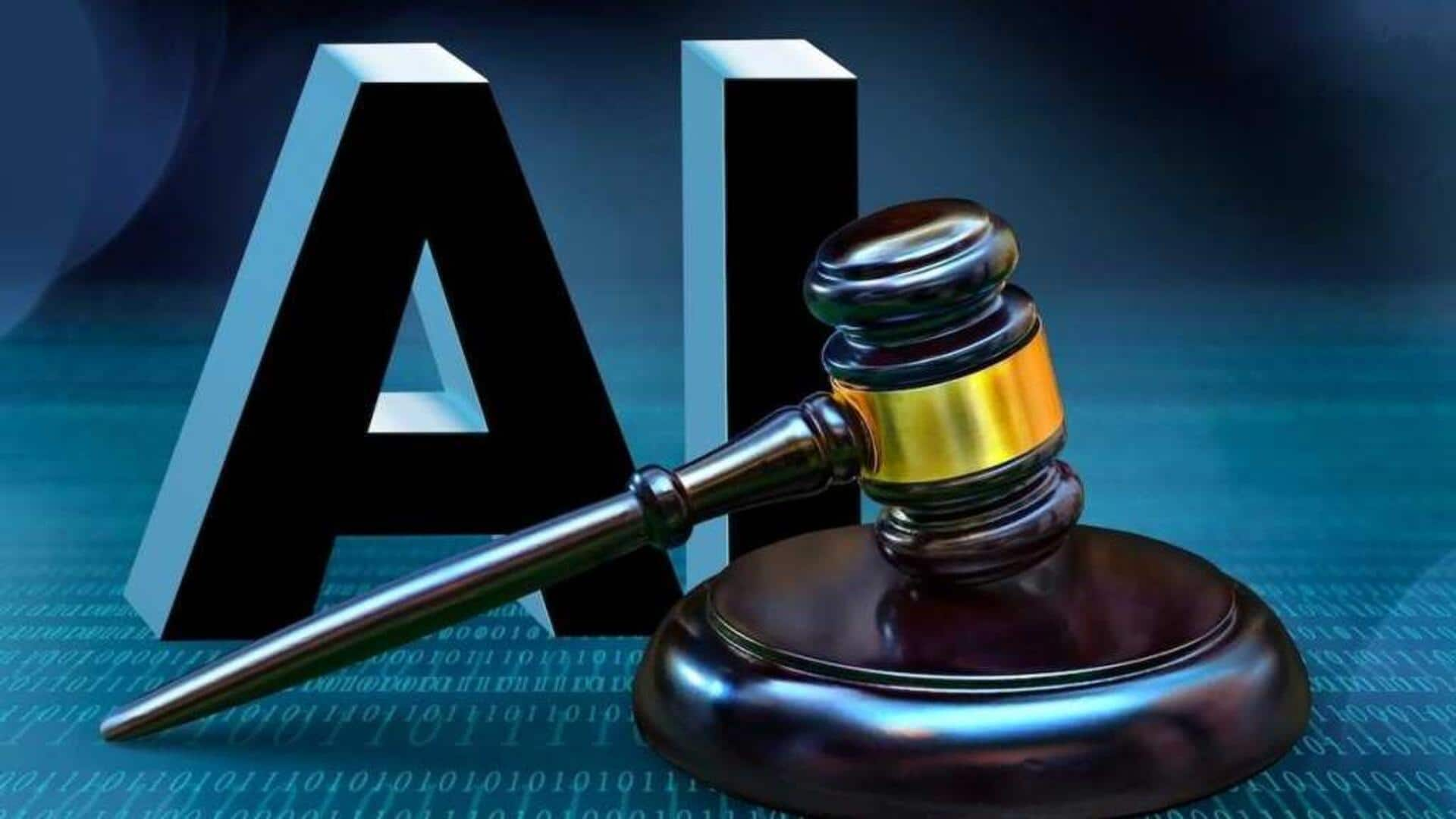
Angry workers using AI to sue employers, raising legal costs
What's the story
Unhappy workers, now armed with AI-driven tools, are leveraging these technologies to generate and file lawsuits against their employers at an unprecedented rate.
This has resulted in an increase in inconsistent and often erroneous arguments, leading to higher legal costs.
Lawyers have raised alarm over this trend, noting the risks to privacy when confidential information is used in AI programs like ChatGPT.
Legal implications
AI-generated legal claims burden businesses, tribunals
Ailie Murray, an employment partner at Travers Smith, has observed that AI submissions are usually too long and inconsistent. They also require businesses to spend a lot of time and money in their response.
"In many cases, the AI-generated output is inaccurate, leading to claimants pleading invalid claims or arguments," Murray said.
This could floood already overburdened tribunals with baseless and poorly argued claims.
Legal fiction
AI's impact on lawsuits raises industry concerns
The impact of AI on lawsuits is emerging as a growing worry for the legal industry.
As Reuters reported, AI-generated legal fiction has caused courts across the US to question or discipline lawyers in at least seven instances over the last two years.
Earlier this month, US law firm Morgan & Morgan warned its employees about the risk of AI creating fake case law that could get them fired.
AI proliferation
AI use in legal claims and job applications increasing
James Hockin, an employment partner at Withers, has noticed a "significant increase" in clients using AI.
He cautioned that unrepresented people could end up pursuing incorrect claims in the UK employment tribunal due to faulty results from an AI tool.
Similar worries extend to the recruitment industry where Toby Fowlston, CEO of Robert Walters, said AI was making it difficult for employers to identify suitable candidates.
Recruitment challenges
AI use in job applications raises concerns about candidate assessment
Fowlston explained that a candidate could use AI to generate hundreds of job applications overnight, making it difficult for employers to assess their suitability.
"The flip side is the recipient of that information [...] it's hard to know what the truth is. It's hard to distinguish one candidate from another, as AI will make everyone's application as good as it can make it," he said.